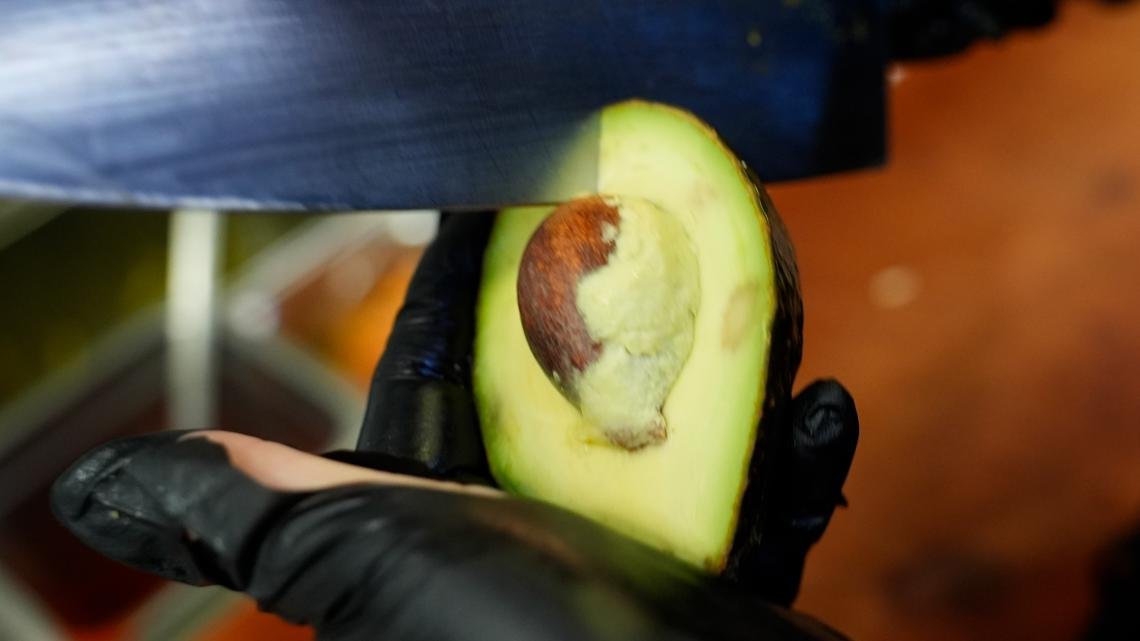arizona
New Tariffs on Mexico and Canada Take Effect Today

PHOENIX — The implementation of 25% tariffs on imports from Mexico and Canada has ignited significant concerns among Hispanic-owned businesses and those reliant on cross-border trade. As prices surge, many are shifting the financial burden to consumers while reducing imports sharply.
The fear of a North American trade war is causing ripples across the global economy. Consumer confidence is faltering, inflation is rising, and industries, especially auto manufacturers, are grappling with an uncertain future. President Trump, however, downplayed the situation, labeling concerns about consumer price increases as a “myth.”
Despite potential offsetting effects from a stronger U.S. dollar, economic analyses indicate these tariffs could translate into billions of dollars in tax increases nationwide. Prices along the border had already begun to climb in anticipation of this tariff announcement, leading to a forecast of greater disruption.
Jaime Chamberlain, of Chamberlain Distributing—a firm representing nine Mexican farming companies—expressed impending financial strain. He noted that his company ships approximately 5 million boxes of produce annually from Nogales, Arizona, and would have to raise prices on all imported goods starting Tuesday. He warned that without adequate resources to cope with these price hikes, farmers could face significant losses, potentially leaving their crops unsold.
Chamberlain’s concerns reflect a broader industry dilemma. He predicts that the U.S. supply of produce will diminish while consumer prices will soar. Retailers have been alert since January, preparing for adverse financial impacts. Raul Luis, owner of Birrieria Chalio, has already begun stockpiling non-perishable items but faces existential challenges with perishable goods sourced from Canada and Mexico.
His restaurants are operating without fixed prices on menus to adapt quickly to fluctuating ingredient costs. Adjusting menu options to avoid higher-priced ingredients is also on the table as he strives to maintain profitability during these turbulent times.
Ramiro Cavazos, CEO of the United States Hispanic Chamber of Commerce, highlighted the precarious position of small businesses. “They don’t have the operating revenue that larger companies have,” he lamented, stressing the reality that small enterprises bear the brunt of rising costs and have no option but to pass them on to consumers.
Arizona, benefiting significantly from $20 billion in cross-border trade with Mexico, faces economic pressure. Vanessa Nielsen of the Arizona-Mexico Commission noted that prices have already risen in Mexico in anticipation of the tariffs, pushing costs onto U.S. consumers. This could strain border communities reliant on cross-border commerce.
The imposition of higher tariffs on steel and aluminum—rising from 10% to 25%—could escalate housing costs and exacerbate the challenges faced by small construction businesses, according to George Carrillo, CEO of the Hispanic Construction Council. He emphasized the difficulty construction companies face in stockpiling materials while also fearing delays in upcoming projects due to price fluctuations.
“Hispanic businesses typically adjust their pricing to remain competitive,” Carrillo noted, framing the choice at stake: absorb the increased costs or shift them to consumers.


















